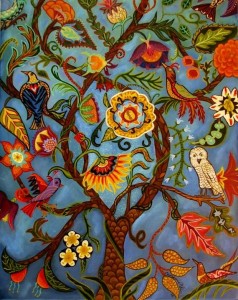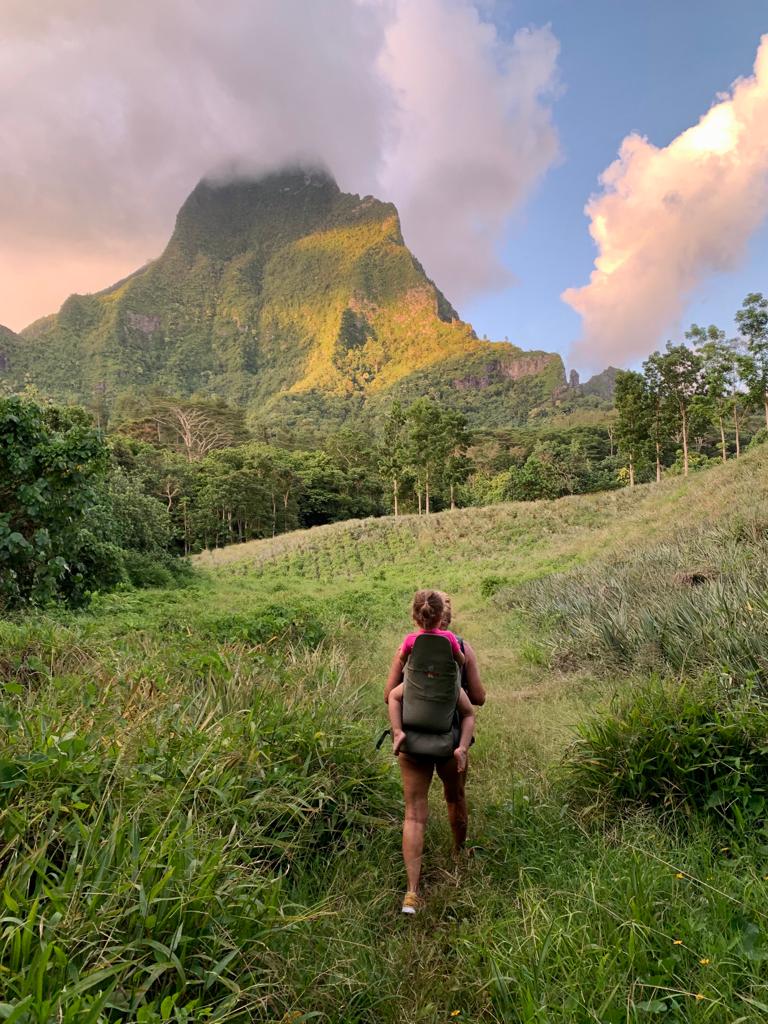Dear Integral Meditators,
What would happen if you treated the most difficult people and circumstances in your life as ‘inner fitness trainers’? This weeks article explores this theme and mindfulness practice.
Yours in the spirit of the useful in the difficult,
Toby
Upcoming Courses at Integral Meditation Asia :
March courses nearly ready!!
The function of a good physical fitness trainer is to push you to the limits of your physical flexibility, strength and stamina in a safe and secure way by giving you specific physical tasks and challenges to focus upon.
If we are serious about our own inner mindfulness training, then we should be looking at the people or circumstances we find most difficult and challenging in our life as being like our inner fitness trainers. Their function is to push us to the limits of our mental, emotional and spiritual flexibility, strength and stamina by giving us specific challenges that push us to those limits.
But the people and circumstances in life that are hurting me aren’t trying to help!
When you are being trained by a (good) coach physically you engage in the exercises they set for you because you understand that they are trying to help. But people giving you a hard time in my life aren’t trying to help, nor is the illness that you have! So there is a conscious choice that you are making here to adopt people and circumstance as your trainers, despite their bad intentions, or despite the unfairness of the circumstances. It is a personal, empowering choice you make based around a recognition of the benefit that can be gained from adopting such a perspective.
Get clarity – How and for what are these people/circumstances helping me?
Pick the top three most difficult and/or unpleasant circumstances that you are going through right now; the ones that make you manifestly uncomfortable, or inwardly scream at the unfairness of it all. List them and then answer these two questions with regard to each one:
- How is this person or circumstance helping me to develop, expand and strengthen my mind and consciousness?
- What is the specific approach and perspective that I need to keep in mind when I am with this person or dealing with this circumstance that will help me transform them into an ‘inner mind trainer’ for me?
The answer to these two questions gives you your basic mindfulness practice for each of your specific challenges. If you focus your awareness, intention and attention mindfully upon these questions, you may be surprised at how quickly and creatively you can come up with approaches that you can start to work with right away.
Feeling thankful
These days most of us have heard of the idea of a gratitude log or journal; a notebook where we keep a list of all the things that we appreciate and feel grateful for in our life. If you can start integrating your ‘inner fitness training’ into your daily mindfulness practice, then you may find yourself able to add the worst people in your life and the most difficult challenges that you face to your own gratitude log!
Find out about Toby’s Stress Transformation Coaching
Related Article: A Butterfly in the Wind
© Toby Ouvry 2014, you are welcome to use or share this article, but please cite Toby as the source and include reference to his website www.tobyouvry.com

I-Awake Track of the Month –
Anahata The Heart Center
25% off for 2 Weeks Only
(Good until Feb 28, 2015)
Sample this beautiful, heart opening music and allow it to deepen your connection to Spirit, to your loved ones, to yourself.
Discount Coupon Code:
(apply during checkout) NEWSFEB25OFF
Click on the link to listen to the free sample track
Online Courses * 1:1 Coaching * Live Workshops * Corporate Mindfulness Training *
Life-Coaching * Meditation Technology










